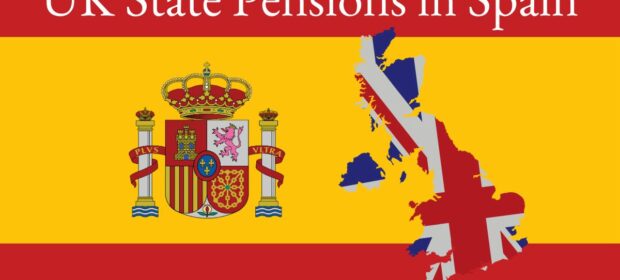Personal Finances
Taxation: I was able to present him with a copy of our Spanish Tax Guide which shows the different tax obligations and, once you become a tax resident (living here for more than 183 days), that you’ll need to pay taxes on your global income. I also advised him to check the details of the double taxation agreements between Spain and the UAE. It is very important to engage a licensed and regulated (in Spain) financial adviser to assist you with all these matters.
Spanish Bank Account: You’ll need a Spanish bank account to pay rent, utilities, and other expenses. It is also advisable to have an offshore bank account where the bulk of any cash should be kept as some Spanish institutions have the habit of raiding one’s account without permission!
Visas and Residencias
It seemed he wasn’t fully aware of the options available to him in legally securing his residency here. As a UAE resident, you’ll need to apply for a Spanish visa unless you hold citizenship of an EU country. There are several types of visas. Non-Lucrative Visa: if you plan to retire or live off savings, this visa allows you to stay without working. Golden Visa for individuals investing in property or businesses in Spain (minimum investment of €500,000). Work Visa: If you have secured a job in Spain. Student Visa if you are moving for educational purposes. Residency Permit: once you have arrived in Spain, you’ll need to apply for a residence permit, if none of the above apply.
Driving
It is important to check if you can exchange your UAE driving licence for a Spanish one, or if you’ll need to undergo a test. You have six months to drive on your foreign license once you’re a resident here.
Accommodation
Many people moving here begin by renting to see where they would like to live within a certain area. An alternative to this is to retain a Relocation Agent who will line up properties to your specification before you come over. This saves time and money and can be very rewarding. You can also use this service if you wish to rent instead.
Lawyers and Gestors (Para Legals)
It is important to retain a lawyer or Gestor who specialises in immigration or real estate to help you navigate legal requirements such as contracts, taxes, and residency permits. A good reputable relocation agent can also provide this service.
Healthcare
Spain has an excellent public healthcare system and is available once you obtain your residency permit (Residencia). Many expats opt for private health insurance and there is a wide choice here. In some cases, it is mandatory for gaining residency.
General Insurance
If your UAE general insurance company does not have an EU entity, then you will need to reinsure here. This is required for your car(s) and highly desirable for your purchased property and its contents. The easiest route is a general insurance broker (of which there are many here) and who will also organise your medical insurance, if needed.
Shipping and Moving Services
If you have furniture, cars, or other personal belongings to move, the relocation agent can arrange this as there are many excellent international removals companies with branches here. They will be familiar with customs formalities and on used personal belongings, note there is no import duty. However, on a personal vehicle, you will have to pay IVA (VAT) if you decide to keep hold of it after 6 months.
Schooling
If you have children of that age, Spain offers free public schooling but classes are conducted in Spanish. There is a wide choice of Private/International Schools which offer international or UK curriculums.
Lifestyle
The lifestyle in Spain can be quite different from Dubai’s. The pace of life tends to be more relaxed here, with emphasis on family time, meals, and socialising.


























